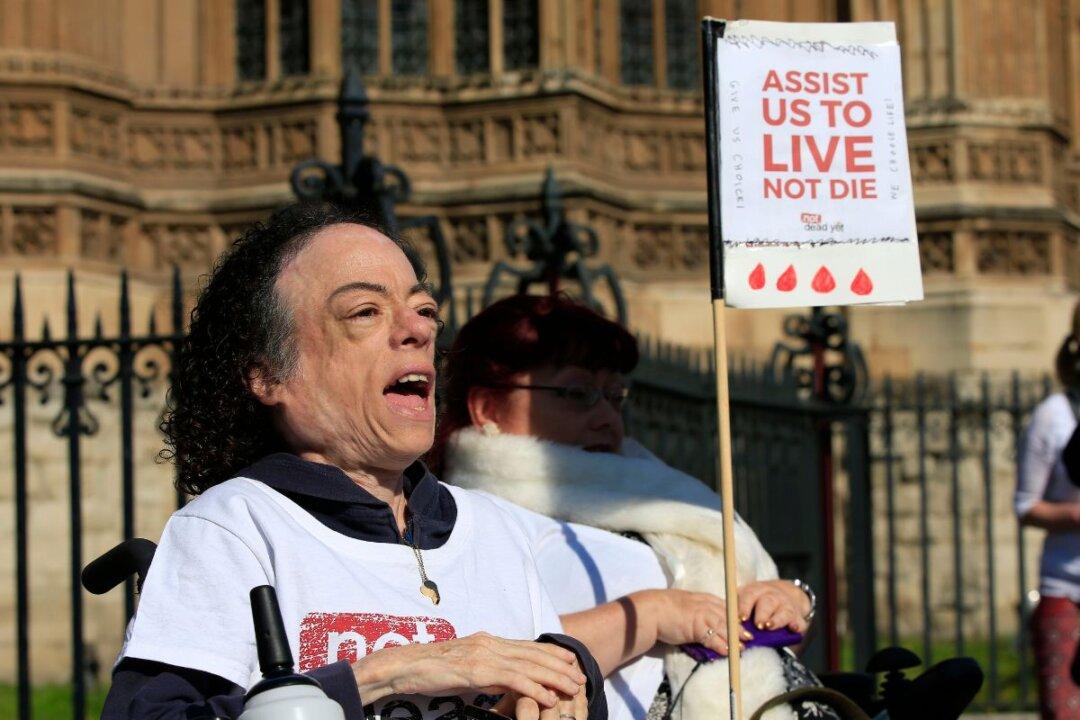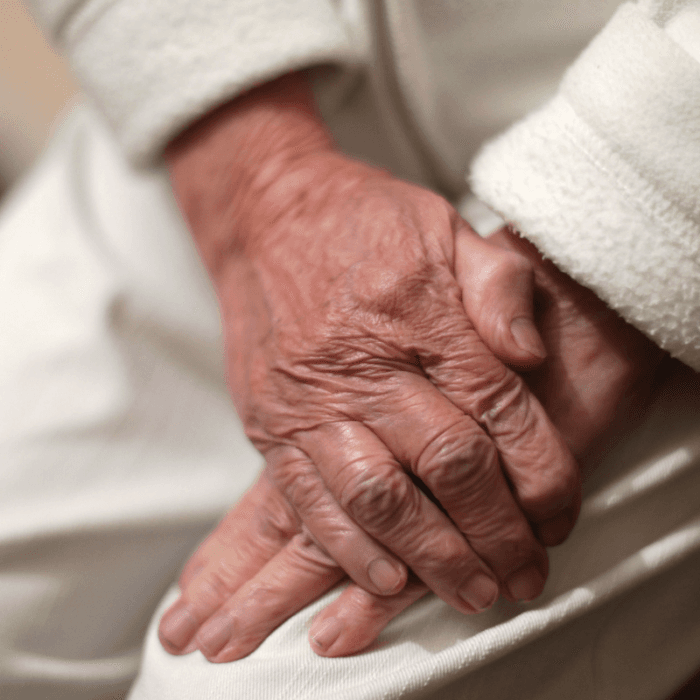Actress and disability rights campaigner Liz Carr has warned MPs not to be seduced by words like compassion, dignity, and choice when considering the new Private Members’ Bill on assisted suicide.
The bill’s summary says the provision would be subject to safeguards and protections, but Carr has warned that there would be no safe way to change the law while guaranteeing the protection of older and disabled people.
A bill to change the law has not been debated in the Houses of Parliament since 2015, when the Assisted Dying Bill was defeated in the Commons.
‘Seduced’ by Words
Rantzen has made impassioned pleas for lawmakers to make a change to legislation, recently urging people to contact their MPs to support the bill and explain “this is a life and death issue and all we are asking is the right to choose, not to shorten our lives, but to shorten our deaths.”However, Carr said MPs need to consider facts and not be swayed by language. In an interview with PA news agency, the “Silent Witness” actress said: “This is not the time to be swayed simply by words like compassion, dignity and choice.
“They’re easy to fall in love with, those words, and be seduced by. This is about real hard facts, figures, evidence, people’s lives.
“Can we deliver on that safely? Can we safeguard lives and are disabled, older and ill people going to be safe and protected with a change in the law? I don’t think so, no.”
Leadbeater said she was “proud and very pleased” to introduce the bill, saying there was “absolutely no question of disabled people or those with mental illness who are not terminally ill being pressured to end their lives.”
Archbishop Warns of ‘Slippery Slope’
Archbishop of Canterbury Justin Welby has also voiced concern, telling the BBC on Tuesday, “I think this approach is both dangerous and sets us in a direction which is even more dangerous, and in every other place where it’s been done, has led to a slippery slope.”The archbishop went on that older people are often abused, and that we “cannot pretend that some people’s decision around dying would be unaffected by this.” He added that the same was true for other vulnerable people, including those with disabilities, ill mental health, and those in controlling relationships.
Support From Starmer
Private Members’ Bills are public bills introduced by MPs and Lords who are not government ministers. While only a minority of them become law, they often raise awareness around an issue.The disability rights campaigner said, “It should have the highest standards, not be rushed through because Starmer made a promise to somebody, and not rushed through because this is what he wants.”
MPs will have a free vote on the bill, which is expected to face its first test in the Commons on Nov. 29. If it passes, it will go to committee where it will be scrutinised before going to the House of Lords.
However, MPs could strike it down on the 29th, as they did the last time an attempt was made to change the law nearly a decade ago.







